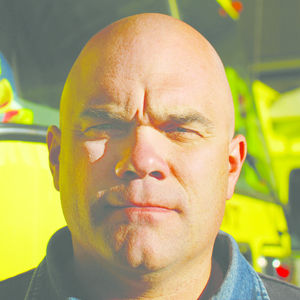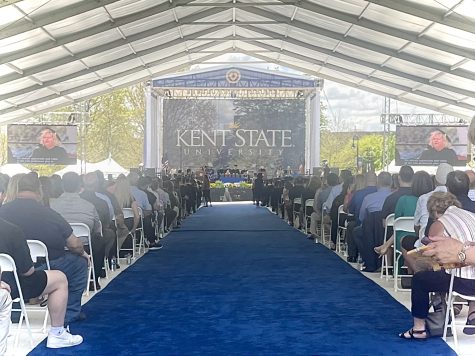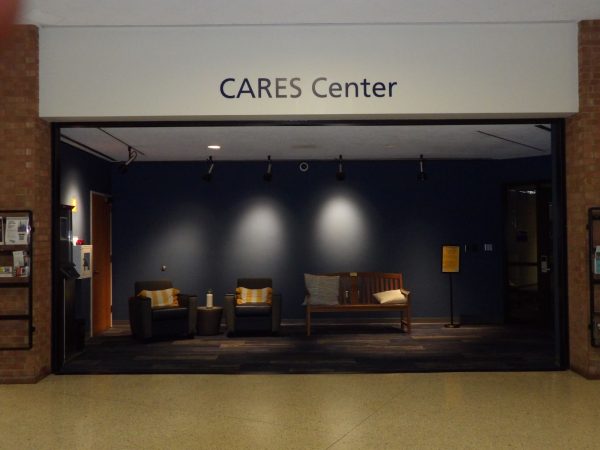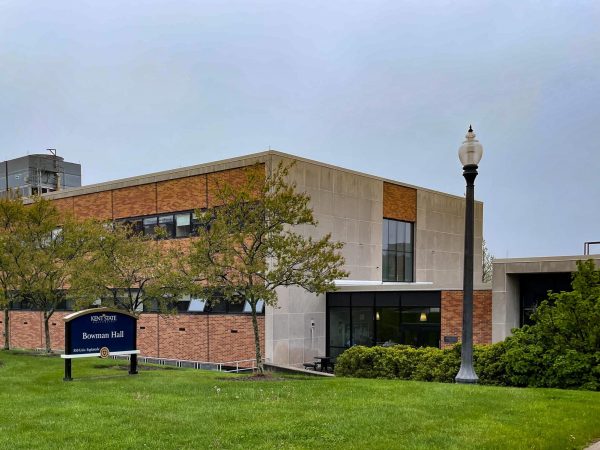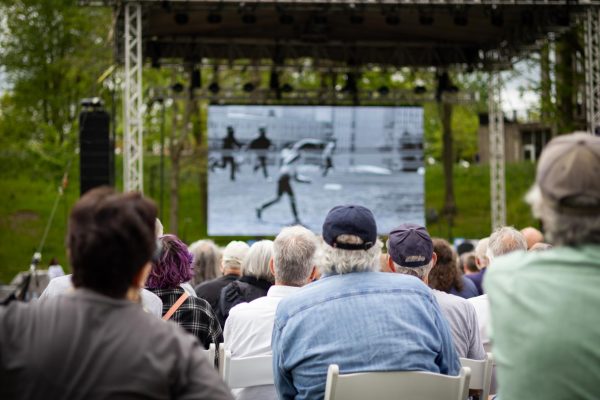Kent firefighters oppose Issue 2
September 27, 2011
Lt. David Moore and Lt. Paul Bevere talk about Issue 2 and SB5
As the off-year election approaches Nov. 8, a separate issue on the voter ballot has Kent firefighters questioning their future job safety.
Issue 2, a voter-initiated question added to the ballot to challenge Senate Bill 5, could decide how much power Lt. David Moore and his fellow Kent firefighters have in their staff size.
“One of the most powerful and influential (unions) in our state is the public unions, and so I think that’s what they’re trying to weaken,” Moore said.
Senate Bill 5, passed in March, essentially limits collective bargaining power for public employees.
Moore said he’s against Issue 2, which, if passed, would continue SB 5 the way it is.
“If they weaken (public) unions, and make those less powerful and having less say, then all the other unions will kind of follow in suit,” Moore said.
Moore explained current agreements, put in place through collective bargaining between labor unions and the government, allow firefighters to ensure they have enough staff to keep the city and their men safe.
Capt. Dave Manthey said he thinks the government is trying to make the labor unions out as the bad guys.
Many of the arguments for SB 5, Manthey said, discuss how firefighters and police officers have these “huge” pensions.
What is Senate Bill 5?
A bill signed into law March 31 that, among other things, limits collective bargaining power for public employees.
What is Issue 2?
A voter-initiated question placed on the November ballot to challenge Senate Bill 5. A vote “Yes” would continue SB 5 as it exists. A vote “No” would repeal the law.
Manthey explained firefighter pensions as “self-perpetuating” and said they have nothing to do with state money. He said he thinks the state shouldn’t have say in pensions they have no money in and that pensions are how firefighters survive once they retire.
According to the United States Department of Labor, as of May 2010, the pay for the average firefighter was $21.76 an hour. That comes up to about $45,000 a year before taxes.
“We make a certain amount of money to risk our lives,” Moore said.
Moore said with the current economic hardships, the firefighters have been putting more into their healthcare in the past 10 years.
A press release from Gov. John Kasich’s office in February stated an analysis by the Office of Collective Bargaining found that state and local government could have saved $1.3 billion in 2010.
Lt. Paul Bevere said after unsuccessful union negotiations with Kasich, the unions decided to take their chances on voting day to overturn SB 5.
Bevere said he feels if Issue 2 passes in November, the city could save money through staffing and funding cutbacks but it would be at the expense of firefighter safety.
Manthey said the city has always taken care of the fire department in the past and hopes that trusted relationship continues in the future.
Contact Helene Miller at [email protected].


